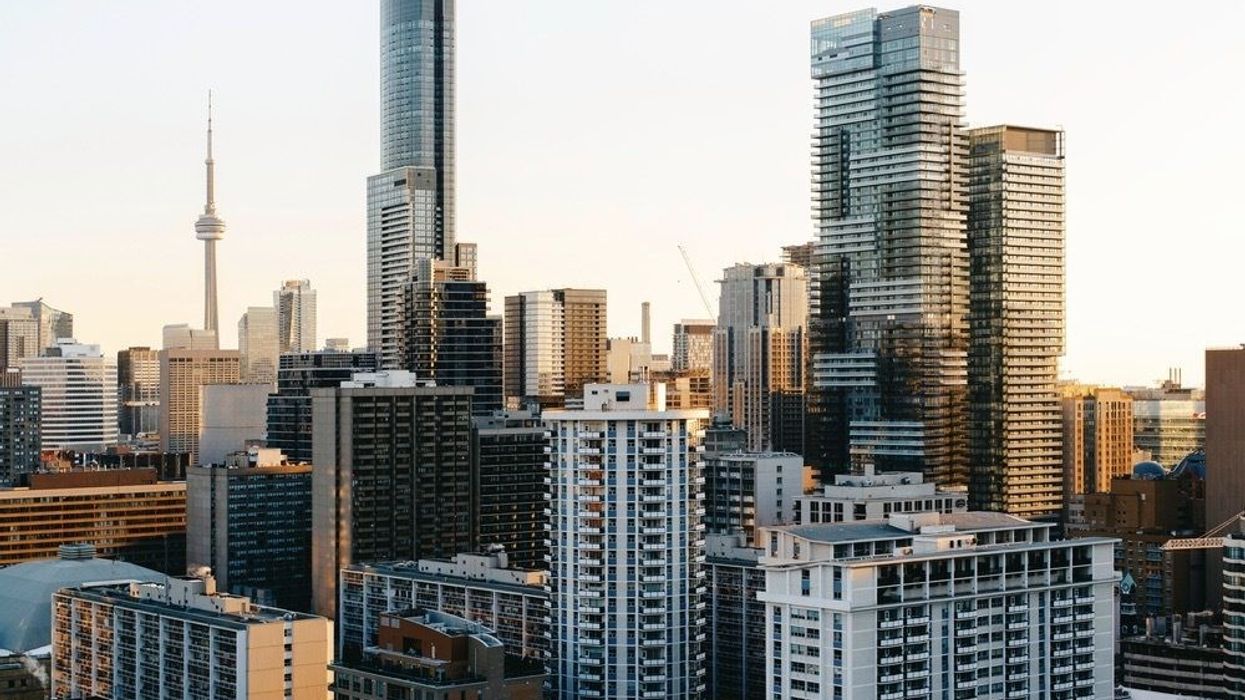Starting in January, those with a vacant home in Toronto could be hit with a new tax designed to help cool the city's red-hot housing market.
As of Saturday, January 1, 2022, a bylaw supporting the new vacant home tax will come into effect, with that date also becoming the start of the first tax reference year. However, the tax on empty homes wouldn't be payable until early 2023, based on the occupancy status during the prior year.
According to the City, the initial tax rate recommended is 1% of the property's current value assessment (CVA) for the year in which the home is vacant.
For example, if a home that was declared vacant were assessed at $1 million in 2022, the owner would be subject to a $10,000 annual tax.
READ: Toronto’s 1% Vacant Home Tax Could Come Into Effect at Start of 2022
A home is considered vacant if it has been unoccupied for more than six months during the previous calendar year and is not the resident's principal residence. However, some exemptions apply, including the owner's death, if the homeowner is under medical care, or the home is undergoing renovation.
The tax would also not apply to 'snowbirds' -- people who spend winter months in warmer climates -- if their Toronto property is their primary home.
How the Vacant Home Tax Works
- All property owners will be required to self-declare the status of their residential home(s) each year. This will determine the home’s occupancy status and whether the vacant home tax is payable. Nothing further is required of property owners living in their own homes.
- If a property owner declares their home(s) vacant, they will be required to pay a tax at 1% of their home’s CVA.
- The tax is based on the property status from the year before -– meaning if the home is vacant in 2022, the tax will become payable in 2023.
According to the City, the prime objective of the tax is to reduce the prevalence of residential properties left vacant that might otherwise be used to increase housing availability and affordability. The tax could create more rental homes in a short period. Still, as a secondary outcome, the tax imposed on those who do not choose to occupy their homes provides some revenue to the City, that net of costs, could fund additional affordable housing initiatives.
However, the desired outcome is not to have tax collected but rather have the vacant properties used as someone's home. The City says the desired effect of the tax is that homeowners either continue to occupy their homes or change their behaviour of leaving the property vacant, as the case may be, to avoid incurring the tax.
Toronto isn't the only major city looking to tax those with empty homes. Los Angeles plans to put a vacant homes tax on the table for residents to vote on next year in the face of a mounting homelessness crisis. According to a 2020 report from the DSOA of Los Angeles, more than 110,000 vacant units were in the city, while 58,936 people were living without permanent shelter.
Hong Kong officials are also considering taxing condo developers to deter them from accumulating new units, while Paris tripled its tax on second homes in 2017.
While it currently remains unclear how many homes in Toronto are unoccupied, the new law could bring in $55 to $66 million per year based on Vancouver's tax metrics.
The federal government has also announced its implementation of a nationwide tax on vacant properties owned by non-Canadian, non-residents.
According to the government, the new 1% national tax on the value of non-resident, non-Canadian owned residential real estate considered being vacant or underused is estimated to bring in $700 million over four years. It would be levied annually beginning in 2022.
However, the City of Toronto has said both taxes could co-exist, and a federal tax wouldn't interfere with the City taxing its residents.





















